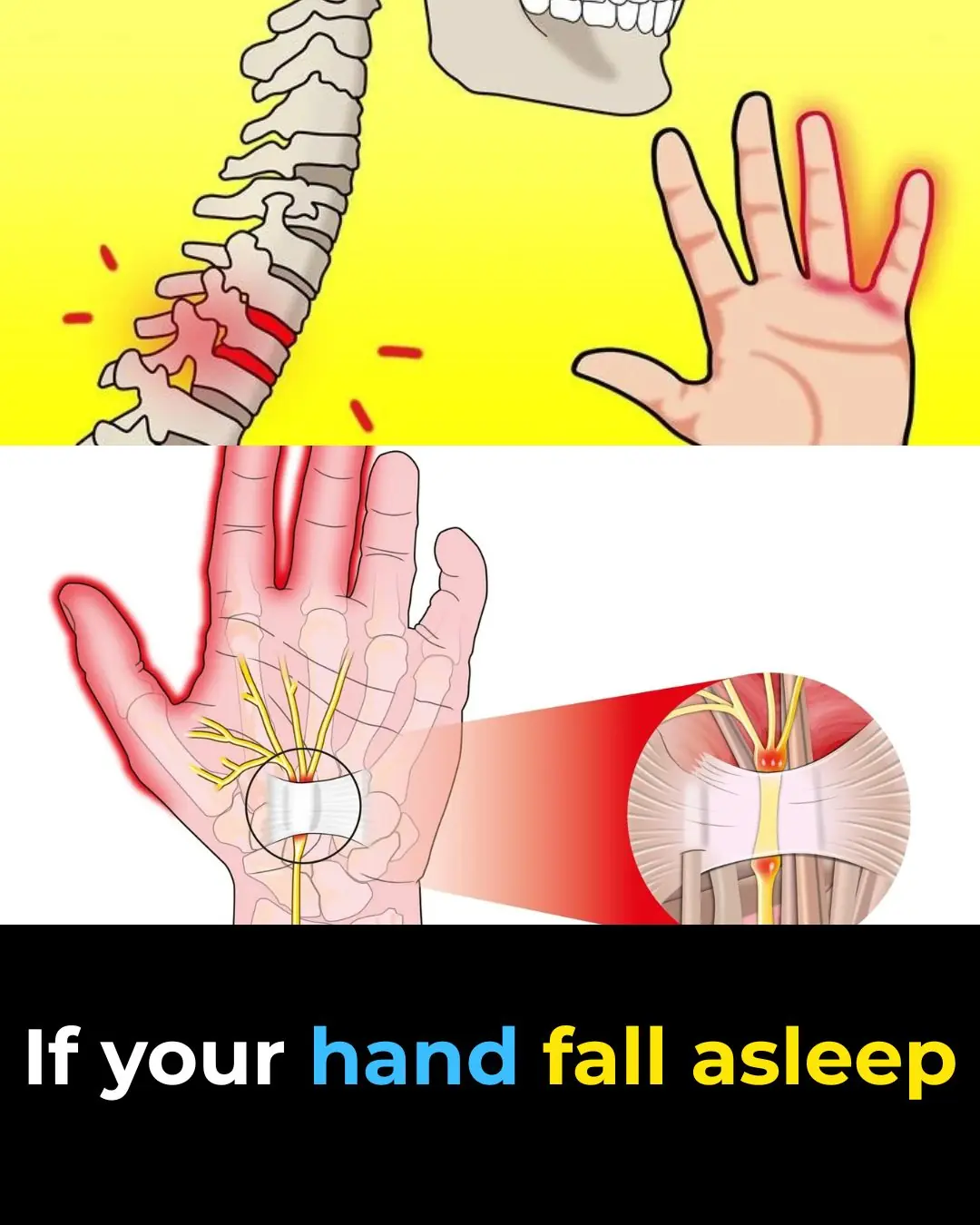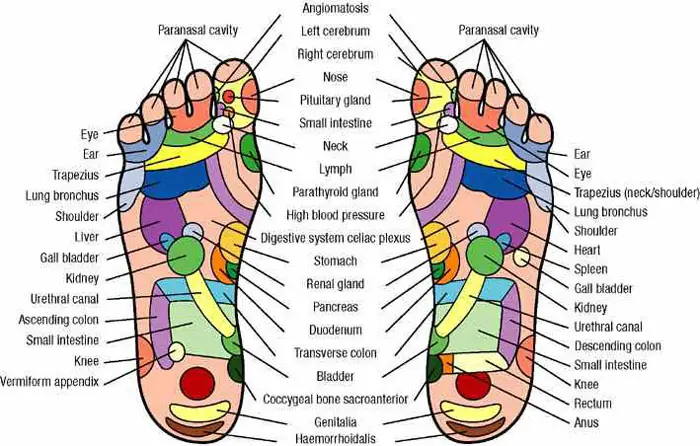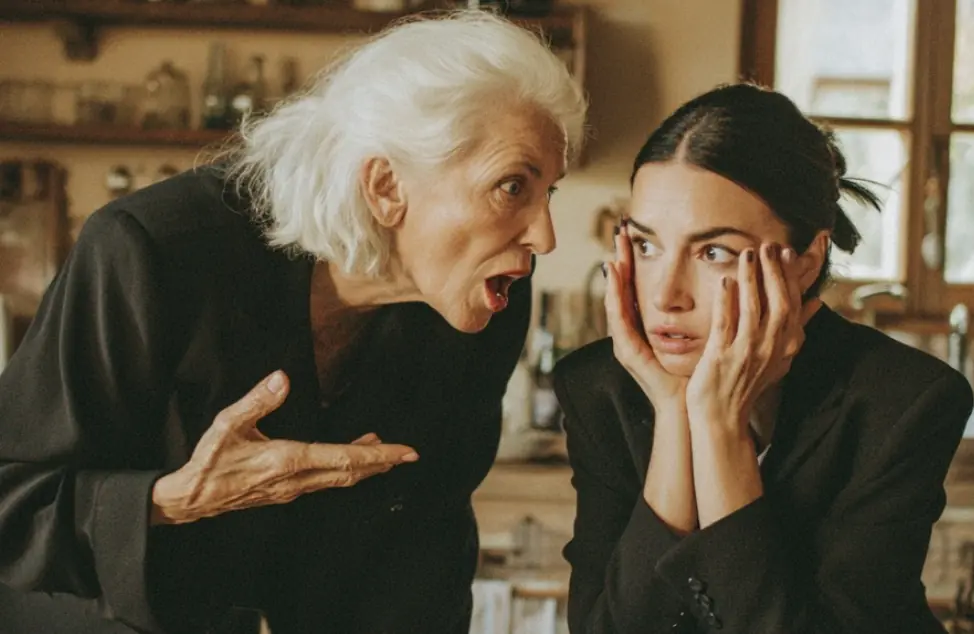
Why Some People Never Break A Bone—3 Wild Theories Explained
Breaking a bone is something many people experience at least once in their lives. Whether it’s a childhood fall, a sports injury, or a car accident, bones are vulnerable under enough pressure or impact. However, some people go their entire lives without ever breaking a single bone. Is it just luck, or is there something else going on? Scientists and health experts have explored this phenomenon for decades, and while some answers are rooted in genetics and lifestyle, there are also a few wild theories that attempt to explain why some individuals seem “unbreakable.” Here are three of the most interesting.
1. Super-Dense Bones Due to Rare Genetic Mutation
One of the most talked-about theories is that some people are born with a rare genetic mutation that gives them bones far denser and stronger than average. In fact, a real example of this exists: a mutation in the LRP5 gene has been found to significantly increase bone density. People with this mutation often don’t even know they have it unless they undergo a scan. Their bones are resistant to fractures and can withstand impacts that would easily break a normal person's skeleton.
This theory suggests that such individuals may unknowingly be carrying this mutation, giving them a hidden advantage. While rare, the idea of "super bones" has gained attention in the medical community, and researchers are studying these cases to better understand bone strength and how it might be improved in others through medication or gene therapy.
2. Exceptional Balance and Body Awareness (Proprioception)
Another wild but plausible theory is that some people never break a bone simply because they instinctively avoid situations that would cause injury. This might be due to superior proprioception—the body’s ability to sense its position in space. People with high proprioceptive awareness tend to have better balance, quicker reflexes, and an intuitive sense of how to fall safely or dodge obstacles.
This could explain why some people, even when very physically active, avoid serious injury. They may not necessarily have stronger bones, but their bodies are incredibly good at avoiding risky movements or responding quickly to danger, which minimizes the chance of falling or landing in a way that causes fractures.
3. Unconscious Avoidance of Danger
The third theory leans more toward psychology and behavior. Some researchers believe that individuals who have never broken a bone might be naturally cautious or subconsciously avoid high-risk situations. This isn’t about being scared or overly careful—it’s more about subtle lifestyle choices. Maybe they instinctively avoid jumping from heights, taking dangerous shortcuts, or engaging in extreme sports.
Over time, this pattern of behavior adds up. Even without realizing it, these individuals may be living in a way that dramatically reduces their risk of bone-breaking incidents. It’s not that their bodies are unbreakable—it’s that their instincts have kept them out of harm’s way consistently over decades.
Final Thoughts
While many people attribute never breaking a bone to “good luck,” these theories show there may be more at play. Whether it's dense bones caused by rare genetics, a highly tuned sense of balance, or subconscious lifestyle choices, the idea that someone can go their entire life without a single fracture becomes less mysterious and more fascinating. Science continues to explore the limits of human biology and behavior, and understanding these “unbreakable” individuals might one day help others become more resilient too.
So, the next time you meet someone who proudly says they've never broken a bone, consider that they might be walking around with superhuman genes, ninja-like instincts, or a quietly cautious brain—and not just a lucky streak.
News in the same category


Warning Symptoms of Vitamin B12 Deficiency and How to Fix It

Tingling Sensation In Your Body: Why Does It Happen

High Blood Sugar Warning Signs

Top Signs of Iron Deficiency and How To Increase Iron Levels In Your Blood

Doctors Suspected Baby Had Mouth Tumor—The Shocking Truth Left Them Speechless

6 Health Benefits of Sleeping In a Cold Room and How to Make it Cooler- And Why You May Not Want to Use a Fan

Dentists Explain What Those Black Triangles Are Between Your Teeth

This optical illusion may help identify autistic traits in seconds

Pressure Points in Your Feet: Use This Foot Massage Chart for Pain Relief

8 Ways To Get Rid Of Phlegm And Mucus In Chest And Throat

Doctor Reveals Surprising Thing That Occurs When You Don’t Eat – and It’s The ‘Opposite’ of What Most People Think

10 Signs You May Have Kidney Disease

This is what sleeping on the left side does for our brain, stomach & glymphatic health

This Is What Happens When You Eat Too Much Sugar—#7 Will Sh0ck You!
Learn to recognize the red flags of sugar overload before it sabotages your health

Heart Surgeon Reveals 4 Foods You Should ‘Always Avoid’ That Will ‘Poison’ Your Body

Natural Skin Care: What Can You Try To Remove Age Spots, Moles, Skin Tags, Warts, And Blackheads?

10 Signs You’re Living With Clogged Arteries
News Post

I Came Home to Find My Kids Sleeping in the Hallway — What My Husband Turned Their Bedroom into While I Was Away Made Me Feral

My Ex-MIL Demanded Receipts for Every Dollar of My Child Support Payments That I Spend

After his wife’s funeral, a father, devastated by grief, took his son to the sea to distract him.

Fake Honey Is Taking Over Store Shelves — Here’s How to Tell What’s Genuine

Daddy, that waitress looks just like Mommy!” The words hit James Whitmore like a shockwave. He turned sharply—and froze. His wife had died.

Experts claim mankind will die in world-ending ‘cosmic hell’ revealing the exact time the horrific event will occur

— Where did such a huge bill come from? Honey, are you sure no one is stealing our electricity?” I asked in surprise.

Swap apartments temporarily with my daughter! She just had a son!” — the mother-in-law “forgot” that temporarily means forever

Parents plan funeral for 10-yr-old with cancer – She then opens her eyes and says something that leaves them stunned

After I Saw The Baby My Wife Gave Birth To, I Was Ready To Leave Her — But Then She Said, “There’s Something I Need To Tell You.”

Medicinal Health Benefits of Garlic (Raw, Supplement) – Science Based

Mom Sells Old Stroller to Feed 4 Kids, Finds It on Her Doorstep the Next Day with Note Inside – Story of the Day
A pregnant mother of three needs to sell her stroller to feed her three children after she was abandoned by her husband.

A Father’s Redemption: How One Dad’s Love Gave His Disabled Daughter a Future Beyond Her Dreams
Prom Night Miracle: Devoted Dad Takes Disabled Daughter to Prom—Then Finds a $10K ‘Dad of the Year’ Surprise!

He Wouldn’t Take Off His Hat In Class—But When I Found Out Why, Everything Changed

THEY SAID I COULDN’T KEEP MY JOB AND RAISE HER—SO I TOOK HER ON THE ROAD

A Stranger Yelled At My Daughter In Public—So I Made Sure She Got What She Deserved

My Cousin Got A Job At My Ex’s Restaurant—And Then Sent Me A Photo Of What He Found In The Walk-In

Warning Symptoms of Vitamin B12 Deficiency and How to Fix It

Tingling Sensation In Your Body: Why Does It Happen
